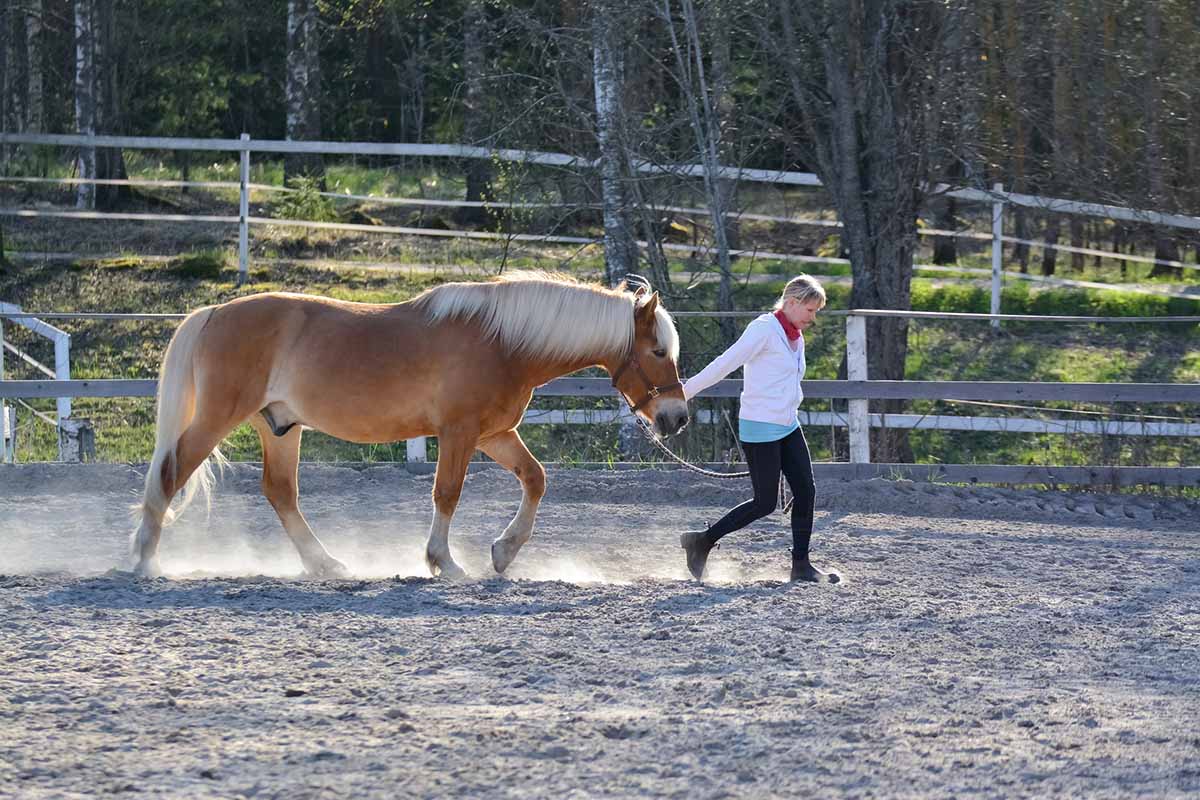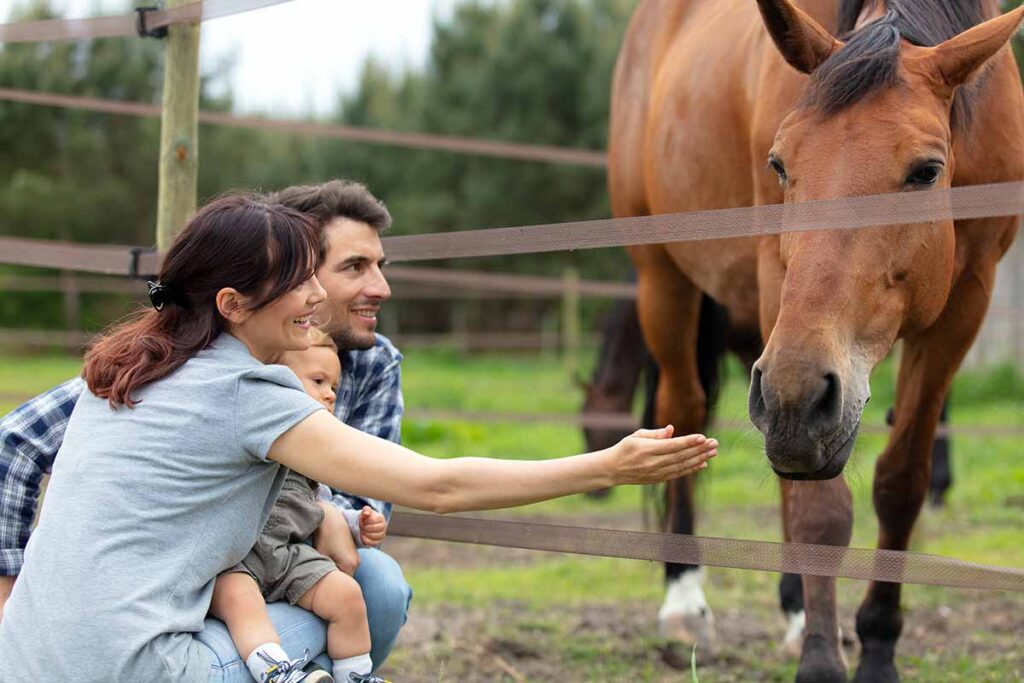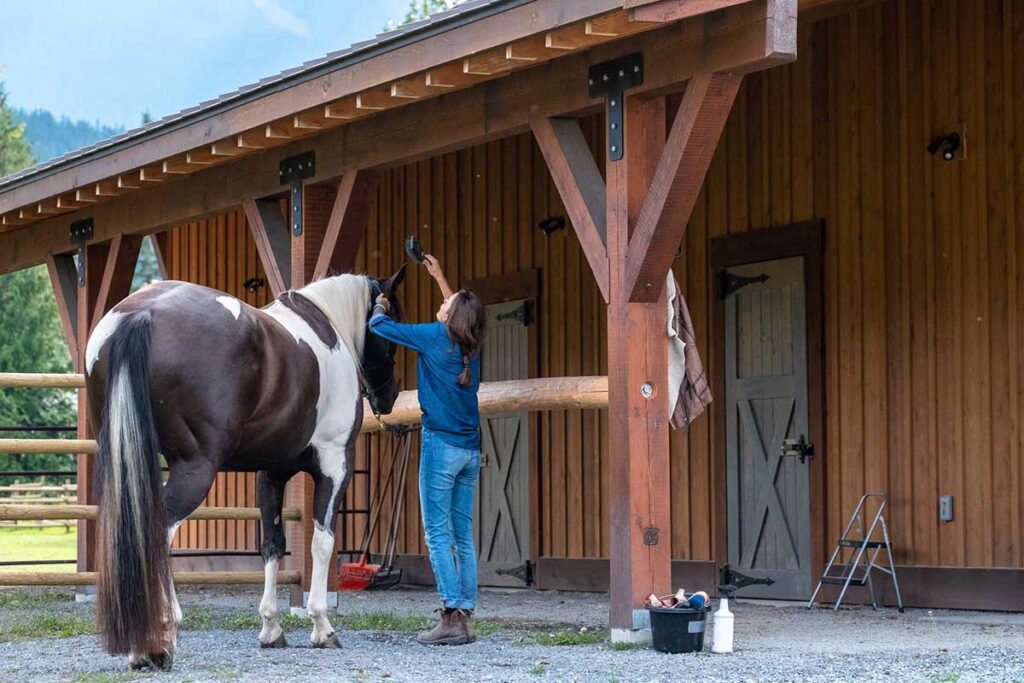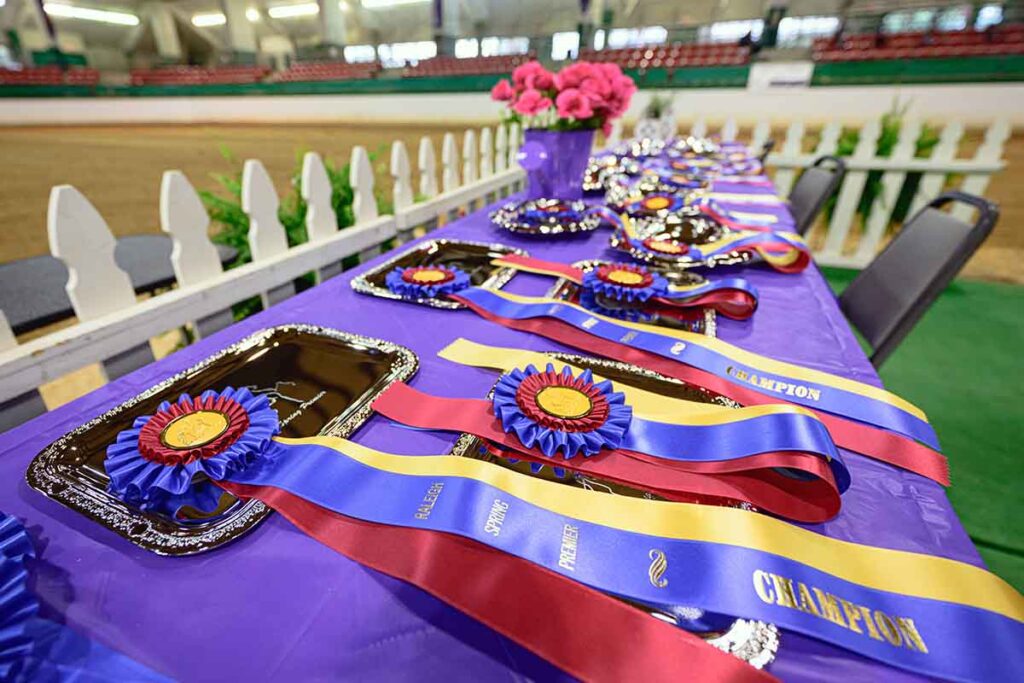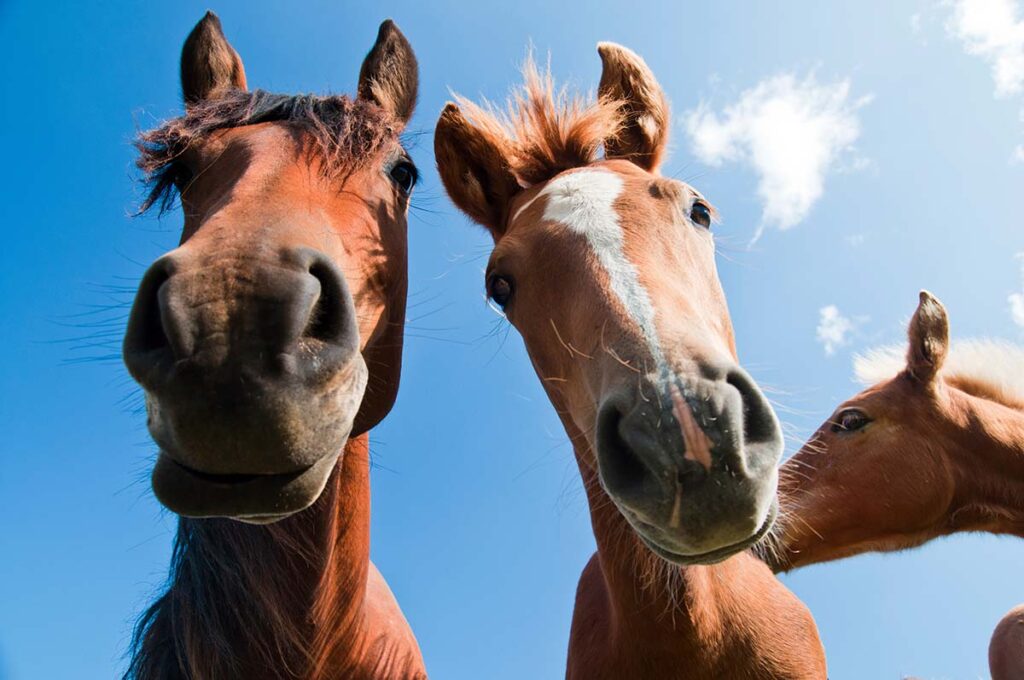Considering adding a horse to your family? You’re in for an exciting journey! Before you buy a horse, however (particularly if it’s your first horse), you need to plan out how and where you’re going to care for him and make sure you have the skills and knowledge to do so. This process can take a while.
Where Will You Keep Your Horse?
The best place to keep a horse is going to look different to different people in different regions. The first thing you must decide is what horse-keeping looks like to you and how you’re going to keep that horse safe. If you know you’re going to be housing your horse at a boarding facility, you might be searching for suitable stable and securing a stall. This might not take long—say, a month to visit facilities and make a decision, or more if you have to wait for a stall to open up.
If you plan to care for your horse at home, you might be looking at purchasing a property or installing fencing, shelter, and a water supply on an existing one. In these scenarios, it might take several months to a year before you’re prepared to care for a horse.
Or you might pursue a combination of both: Perhaps you put your horse at a boarding barn for the short term with the long-term goal of having your own property. You’re working to build fencing and facilities and work out feeding and watering arrangements while you have your horse in a boarding situation.
Do You Have Professional Help?

Before buying a horse, make sure you have a veterinarian and a farrier lined up to care for his health and hooves. Don’t wait until your horse needs to be trimmed or reshod to find out who the local farrier is or if he even has an opening in his books to take on your horse. Similarly, you don’t want to wait until your horse has a medical emergency to be cold-calling vets.
If you’re new to owning horses, having a reputable professional you can go to for help is invaluable. This could be a riding instructor who teaches you lessons or a barn manager involved in the day-to-day care of your horse at a boarding facility. Regardless, you need someone you can go to with questions and can help you make good decisions.
When looking for a trainer or a professional to work with, interview people to make sure they have a philosophy that fits with your personality and goals for your horse. This can take a while, too. You might spend a few months observing lessons or taking lessons with local professionals before you find the one that’s the best fit for you and your horse.
How Can You Make Connections and Gain Experience?
To get a foothold in your area’s horse community and make connections with fellow horse people, consider joining a local equestrian club or organization, be it a dressage association, trail riding group, 4-H, Pony Club, etc. By participating in a riding club before you even own a horse, you can establish connections and use word-of-mouth to your advantage when looking for a farrier, a veterinarian, a trainer. Offer to volunteer at horse shows to get to know a discipline. From dressage to eventing to Western, each discipline has a different culture, different tack, maybe even different veterinary and farrier needs. You might determine dressage isn’t for you and that you prefer Western pleasure, or vice versa.
Volunteering at equine rescue and rehabilitation facilities to clean stalls, feed, or hand-walk can give you valuable horse experience and help you better understand horse behavior before owning one yourself. Therapeutic riding centers can also provide volunteers with basic skills such as catching, grooming, and leading horses. Or simply offer your services cleaning stalls at a local barn to learn what type of work is involved in horse ownership before taking the plunge.
Leasing a horse is another great entry point to horse ownership. When you lease a horse monthly, biannually, or annually and keep him at a boarding facility, you can work with a trainer, get used to a stable situation, and ease yourself into the horse world.
Regardless, it’s wise to know what you’re getting into before you make the financial, time, and physical commitment to owning a horse.

